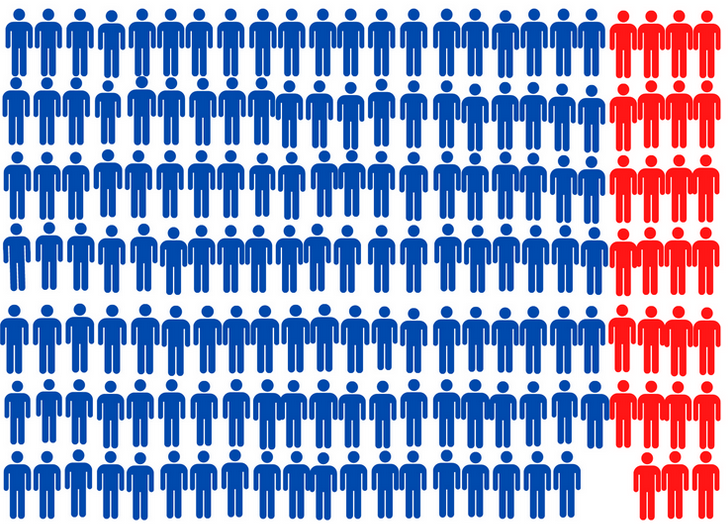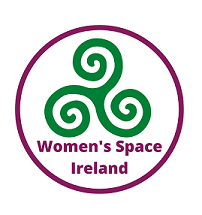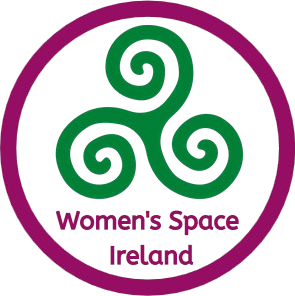Our legislators enabled sex deception by men
Unbelievably, the submission by the Equality Authority (now part of IHREC, the Irish Human Rights and Equality Commission) believed that the demands of some men to be legally recognised as the opposite sex should be extended to permit them access to women's changing rooms and toilets.

Image shows the proportion of men to women in the 31st Dáil which passed the Gender Recognition Act allowing men to lie about their sex
Ten years ago the Gender Recognition Bill before the Oireachtas was a "medical model" bill, requiring


In the Report on the General Scheme of the Gender Recognition Bill 2013 it's clear that lobbyists were not happy with the requirement for medical sign-off. Just eight organisations made submissions to the committee:

FLAC, the Free Legal Advice Centres, was one:
"FLAC write that this puts an undue emphasis on medical treatment and is taken by some transgender persons as implying that they suffer from a medical or psychiatric disorder. FLAC recommend that instead of requiring a supporting statement from the applicant‘s "primary treating physician", and "if a statement or statements are required" that these would be provided by medical practitioners, counsellors, social workers, teachers etc. This would also allow for the inclusion of medical evidence where relevant."
A Freedom of Information request to the Department of Social Protection to find out what correspondence there was from January 2015 regarding a change from the "medical model" to self-id under the Gender Recognition Bill was refused earlier this month on the basis that

Prof Michael O'Flaherty, who was rapporteur of the gender identity ideology wish list* which is the Yogyakarta Principles opined in The Irish Times in February 2015 that

*The 2006 Yogyakarta Principles are not binding on the State at all, as confirmed by the Department of Foreign Affairs here.
Four months later on 3rd June 2015 the Tánaiste and Minister for Social Protection, Joan Burton announced a reversal by the Government:


The marriage equality (same-sex marriage) referendum had taken place on May 22nd 2015. Ireland's self-id Gender Recognition Act passed all stages on 15th July 2015 and was signed into law by the President on July 22nd 2015.
Senator Katherine Zappone explained in the Seanad on July 15th that
"As we all recall, the Bill went through Second Stage in the Dáil in early March, and paused for Committee and Remaining Stages to take place after the marriage equality referendum. This was when the extraordinary movement on the self-declaratory model occurred in the Government. The Government has reached the summit of best international practice in this regard and it is a fine achievement."
In that short space of time was there any impact assessment done on the effects of allowing men to "self-identify" as women on those who might have been expected to have concerns - women? And on the safeguarding of children?
In fact was an impact assessment of any sort done in the planning for the Gender Recognition Act? Another Freedom of Information request asking this was also refused this month:

Unbelievably, the submission by the Equality Authority (now part of IHREC, the Irish Human Rights and Equality Commission) believed that the demands of some men to be legally recognised as the opposite sex should be extended to permit them access to women's changing rooms and toilets.

With an "equality" body so concerned to prioritise the demands of some men for access to women's spaces what likelihood is there that women's rights and the need to safeguard children were even considered?


